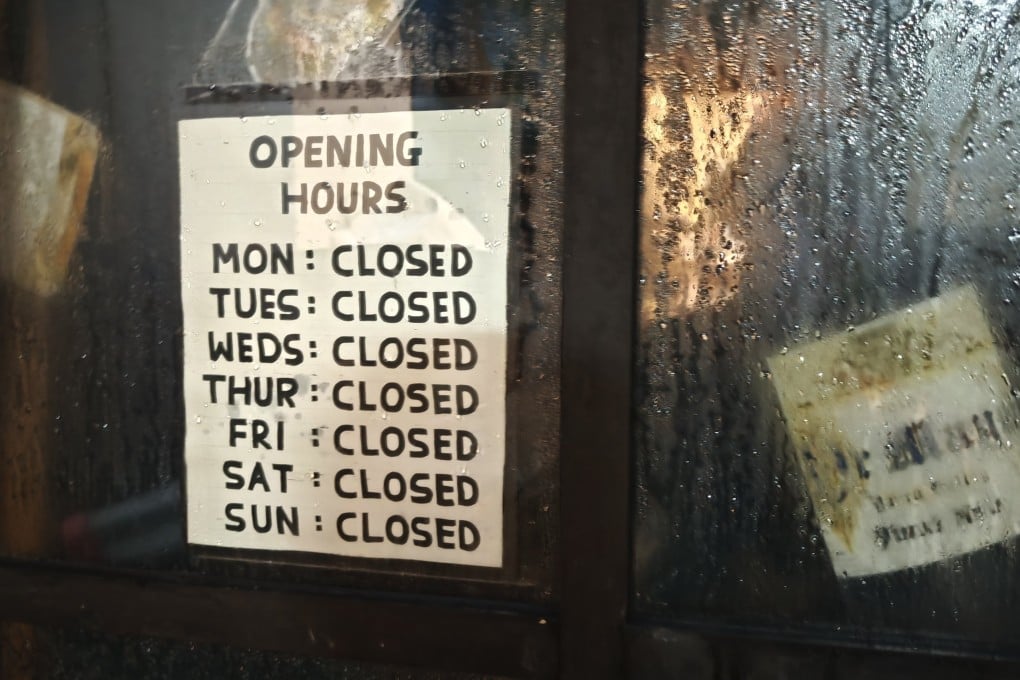Can Hong Kong’s fine dining restaurants adapt to survive? It’s a Michelin-starred struggle as economy dips and tourists seek value
- Thitid ‘Ton’ Tassanakajohn’s Niras is no more, while Agustin Balbi of Michelin-starred Andō and Hiroki Nakanoue at Sushiyoshi are reinventing to attract diners amid the economic woes

Ton puts the failure down to “internal issues” with his local business partner, but he also says that the economy in Hong Kong is “not the best for fine dining establishments”.
“We saw a big drop in revenue from February,” he says. “Many people left Hong Kong and have not returned. Hong Kong just doesn’t have enough customers for all the fine dining restaurants.”

Why are Hong Kong restaurants struggling?
Times are tough for Hong Kong’s restaurants. In April, Simon Wong Ka-wo, president of the Hong Kong Federation of Restaurants and Related Trades, estimated that more than 700 venues had permanently closed in the previous few months. Just last month, American restaurant chain Outback Steakhouse announced it was closing nine restaurants – nearly half its presence in the city – and laying off 300 staff. “This decision is the culmination of a meticulous review process that considered current market conditions,” the company said in a statement.

